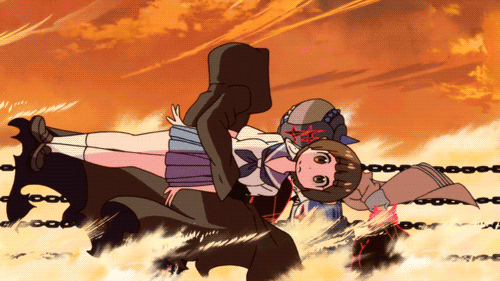Jumpin said:
Piracy,
When it comes to used games, selling off an old version of an annual sports title makes a player more likely to buy a newer more up to date version.
Saying piracy doesn't damage the industry is complete bullshit, look at how the music industry colapsed as a result of piracy.

|
So much for the record industry’s insistence to the contrary.
Once again we have a study by flesh and bone researchers who have discovered that music piracy actually increases music consumption.
“Consumer Culture in Times of Crisis” was conductEd by the BI Norwegian School of Management, the largest business school in Norway and the second largest in all of Europe. The study looked at almost 2,000 online music users over the age of 15, and asked file-sharers to prove their legal music purchases rather then simply rely on their honesty.
It concludes that those who download music illegally also purchase the most number of legal digital downloads. In fact, the study reports that file-sharers actually buy 10 times as much music as they download for free.
“The most surprising thing is that the proportion of paid downloads is so high,” said BI researcherAudun Molde. “The results suggest that they are buying twice as much music as they get for free, and also those who state that they download for free actually are the greatest consumers of paid music online.”
As usual, record labels say the results are bogus. After all, one illegal download equals one last sale right? That’s what they teach in music industry school.
“There is one thing you cant explain, and it is that the consumption of music increases, while revenue declines,” says EMI record label rep Bjørn Rogstad. “It can not be explained in any way other than that the illegal downloading is over the legal sale of music. “Based on the results from the survey you might think that the free download stimulates a paid download, but here it’s tough keep the tongue straight in your mouth. Whether those who download music for free would buy the same music, it is, and is a purely hypothetical question.”
He may have trouble believing it, but I don’t. Why? Think about it. The record industry has been hammered by a number of factors, but perhaps by none more so that the bane of all decent, hard working musicians – the digital single.
A $20, grossly overpriced, physical album used to be what everyone bought and then came the digital music revolution. To make matters worse, people no longer wanted 2 good tracks and 15 of fluff. They wanted a single song, which they could suddenly get for 99 cents, less than a single dollar.
It doesn’t take a rocket scientist to figure out where your profit margins headed with this new paradigm shift.
Molde also takes the music industry to task for not focusing all of its efforts on creating music delivery platforms consumers actually want.
“There should be no record industry task to prosecute those who download illegally,” he added. “They must work aggressively to create good music and make it available in legal forms. It is the legislators job to enforce copyright law.”
Without skipping a beat, Rogstad counters that the music industry isn’t wasting too much time suing file-sharers, and insists that they are working overtime to create music services people want.
“No, we are using much, much more time to develop good services, he says. “In my opinion, is not the key to fight file-sharers whatsoever, it lies with providers, the so-called ISPs.”
Moreover, the study echoes the previous conclusions of none other than the Canadian govt, which found that “P2P file-sharing tends to increase rather than decrease music purchasing.”
That report, The Impact of Music Downloads and P2P File-Sharing on the Purchase of Music: A Study For Industry Canada, was commissioned by Industry Canada, a ministry of the Canadian federal government, and includes extensive surveying on the music purchasing habits of the Canadian population.
“Our review of existing econometric studies suggests that P2P file-sharing tends to decrease music purchasing,” says the study. “However, we find the opposite, namely that P2P file-sharing tends to increase rather than decrease music purchasing.
The record industry claims to use facts and figures to support its conclusion that file-sharing is to blame for decreasing profits, but once again we see that the people it’s blaming for its woes are actually among its best customers.
If file-sharers buy 10 times as much music as their law abiding counterparts, then couldn’t you argue that suing them is actually accelerating the record industry’s decline?
Oh the irony.
However, and its something I just now considered, it’s that though the researchers ask for proof of music purchased, i.e legal music consumption, they have no way to verify illegal music consumption. A guy can say he only downloaded two songs illegally in the past month and then bought twenty, with receipts to prove it, but how do the researchers know for sure he only illegally downloaded 2 songs? P2P doesn’t provide receipts. To use an unsubstantiated claim on the one hand, and written proof on the other certainly allows one to question the study’s conclusions. As much as I like what it has to say, I’m sure we wouldn’t give the RIAA any slack if it had a study with findings.
http://www.zeropaid.com/news/86009/study-pirates-buy-10-times-more-music-than-they-steal/









































































